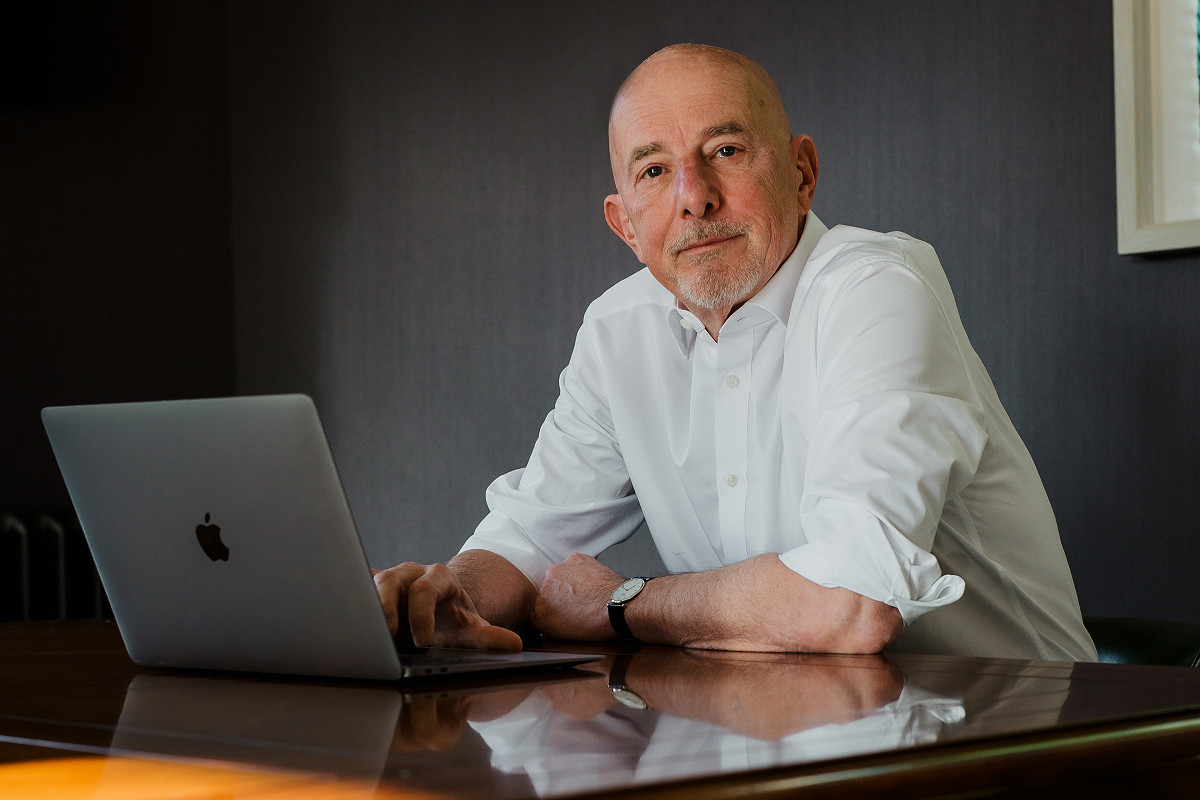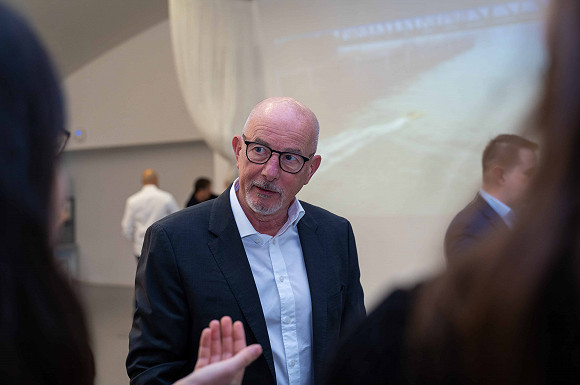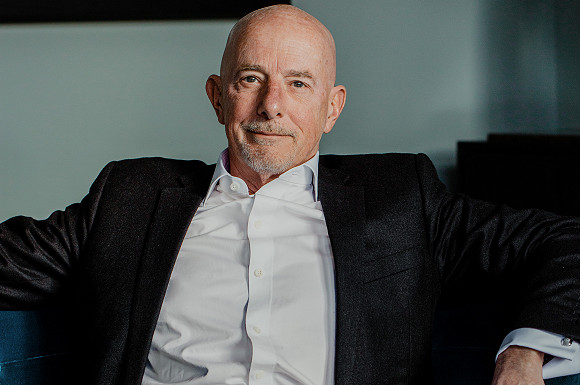05/10/2022
Dr. Ewan Kirk — Philanthropy needs strategy, not just money

Patagonia’s radical decision to divert its profits to charity has sparked a renewed focus on philanthropy, and changed perceptions of what we can do as business leaders to better the world we live in. Philanthropy is usually seen as wealthy people signing cheques for charities, never to be seen again. This not only makes philanthropy less effective but it limits the scope of the impact possible. There is a better way forward here.
Our approach is different. We believe that being hands-on and closely involved in the projects we support is essential and allows us to have a complete understanding of the work we fund. Being selective in the initiatives we support maximises impact and gives these teams the freedom to explore and innovate without fear of failure, leading to fresh answers to our biggest problems. Underpinning our approach is a dedication to diversity and inclusion which must be central to our work in the modern era. We must look for better ways to engage in philanthropy, improving the outcomes for everyone involved.
As much as writing a cheque is important, it leads to unstructured philanthropy which leaves the donor in the dark and the charity lacking direction. Taking a more structured and thoughtful approach to philanthropy ensures everyone involved is doing something meaningful and efficient with a clear strategic focus.
Part of this requires being more selective about the causes you support. It can be tempting to allocate funds to deal with the symptoms of very large problems, such as building a few wells in a country which lacks clean water due to bad infrastructure. But it is considerably more effective to narrow your focus onto a smaller body of work and deal with root issues. At the Turner Kirk Trust, we do this by allowing charities to experiment with new ideas and innovations, hoping to change the way that charity’s work is carried out rather than relying on existing and possibly sub-optimal methods.
Building on our STEM background, we prefer to maximise our philanthropic contributions by focusing on ideas that are evidence-based and can be tested in the field. It’s essential to be able to spot promising projects in their early stages, balancing the probability of success with the expected impact of the project to the greatest extent possible.
The usual process for charities interacting with philanthropists requires them to compete for funding. Teams have to bring forward a ‘sales pitch’ based on the end product they hope to produce. This sets the expectation within the charity that they must produce exactly what has been promised, and that if this is not achieved, they have ‘failed’ – and to avoid failing, charities hold themselves back from experimenting with new ideas.
Giving charities permission to fail is crucial. We have to see value in the process of gaining knowledge rather than simply an end product, encouraging charities to experiment without the fear of having funding withdrawn when there is no immediate success, and learning from those failures. One example of this is our recent work with SolarAid on the ‘Light a Village’ project. The team had designed a device which could light families’ homes using solar power rather than the traditional kerosene lamps. However, they didn’t know how best to distribute them. We allowed the team to experiment with different methods of distributing and installing solar lighting in Ntchisi, Malawi, but did not require that one of these options had to be the answer, nor that it had to work perfectly. We gave them permission to fail.
The process of finding knowledge rather than purely looking at results is part of what inspired us to invest in young talent in mathematics. When entering the world of philanthropy, we found that science programmes were often funded based on the product they were aiming to create, which doesn’t tend to be as applicable to mathematics research and disregards the value of academia as an act of exploration and curiosity. While these discoveries may not have an obvious application right now, they may well prove to be essential in the future.
Diversity is still lacking in the study of STEM, particularly in mathematics. At Cambridge University, the centre for mathematics studies in the UK, there is already a set of fellowships to allow the brightest students to study maths, however the type of person awarded this funding has historically been very limited. This was the motivation behind establishing the Kirk Distinguished Visiting Fellowship, aimed at making high-level mathematics accessible to women and people of colour who are underrepresented in the field. This is not just because it’s the right thing to do but also because we strongly believe in the power of varied experiences and backgrounds providing more inventive solutions to the world’s most pressing questions.
For philanthropy to work at its best, there must be more involvement than simply putting pen to paper and signing a cheque. There must be more thoughtful philanthropy, genuinely dedicated to having the most impact possible and improving the ways charities work. In all sectors, exploring new ideas can have transformative effects not only on charity or academia but on the world as we know it.

